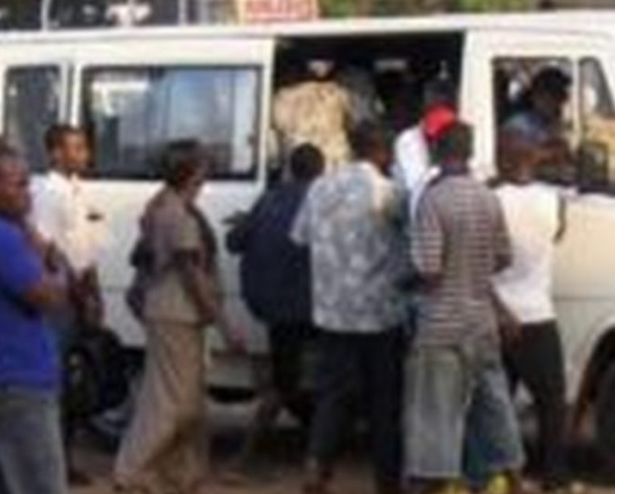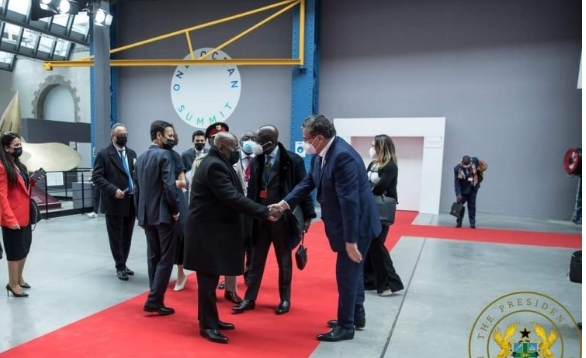Over US$2 million weekly onion imports worrying – PFAG

Ghana imports 70 percent of its onions – costing some US$2million weekly – current data from the Peasant Farmers Association of Ghana (PFAG) have revealed.
A chunk of the imports, PFAG noted, are sourced from Niger, Mali and other countries in the Sahel region.
Speaking to B&FT at an Accountability Forum for Political Parties in Accra, Former Executive Director of PFAG, Dr. Charles K. Nyaaba, described the situation as worrying and concerning – saying figures from the Ministry of Food and Agriculture corroborate same.
He said although Ghana is appreciably sufficient in some commodities such as cassava, maize, peanut, cabbage, millet, yam and plantain, the country still depends on imports for critical staples such as tomatoes, pepper, onions, rice and poultry.
Ghana’s annual food import bill, which is now in excess of over US$2.5billion, PFAG indicates, comprises more than 60 percent rice, poultry and sugar imports.
Indeed, tomato import from neighbouring Burkina Faso continuously soar – with PFAG suspecting that the average annual import amount of US$400million as of 2022 would have seen an increase by now.
The trend, Dr. Nyaaba explained, has been due to limited policy attention and support to peasant farmers resulting in high levels of importation.
According to the World Food Programme (WFP), an estimated 1.05 million people in Ghana faced acute food insecurity between June and August 2024.
Though this is an improvement from the 2023 figure of 1.37 million as stated by the WFP, Dr. Nyaaba noted that the projections are still not ideal considering the many opportunities for Ghana’s agriculture and food production.
“Smallholder farmers are the dominant actors providing about 80 percent all food for industry, consumption and for export. Despite their importance, these farmers face numerous challenges, leading to producing below capacity” Dr. Nyaaba said.
Sector challenges continue unabated
According to PFAG, agriculture input cost has risen by 30 percent this year alone; affecting the acquisition of inputs including fertiliser and agrochemicals.
Also, the cost of mechanization, fuel and energy has increased between 25-30 percent, without considering the cost of labour and other factors.
Other concerns of the sector, the Association noted, include, difficulty in accessing credit, limited irrigation, poor implementation of government projects and political interference in sector policies, among others.
PFAG is optimistic that whoever is given the mandate to govern after this year’s general elections will commit to prioritising and supporting agricultural development to secure a better future for farmers and the nation at large.
Source: thebftonline.com





